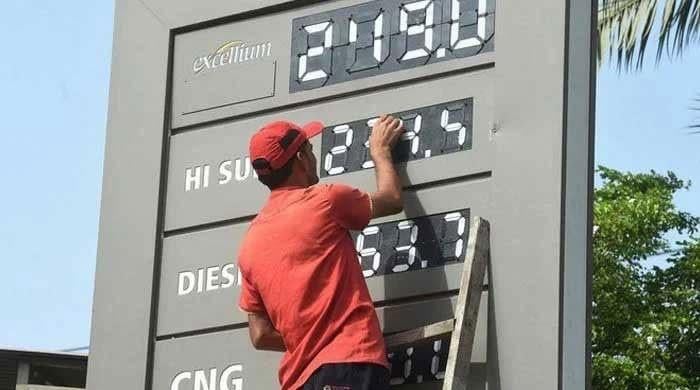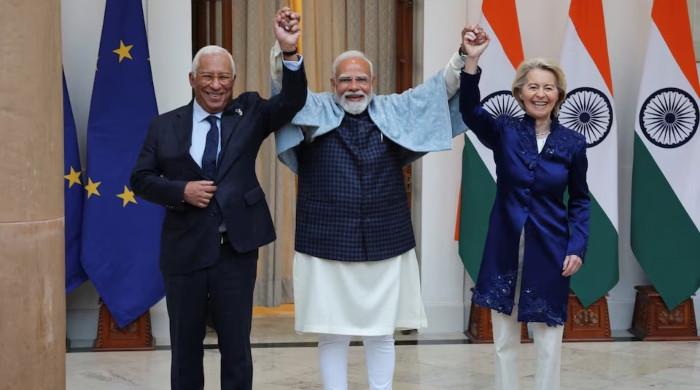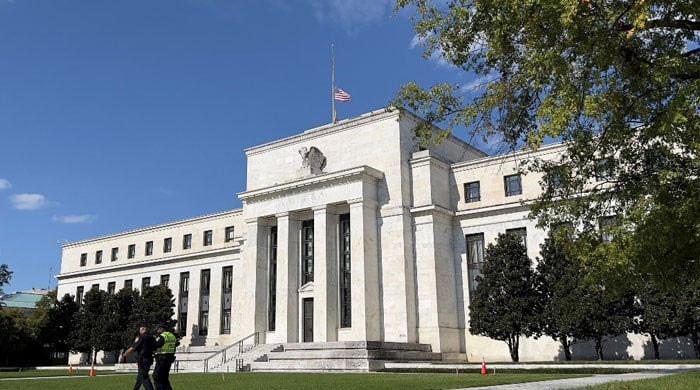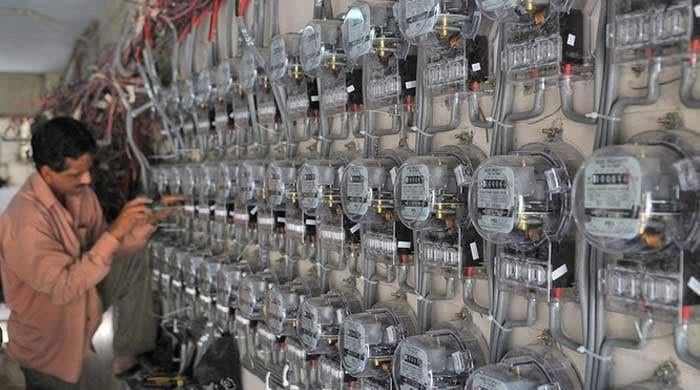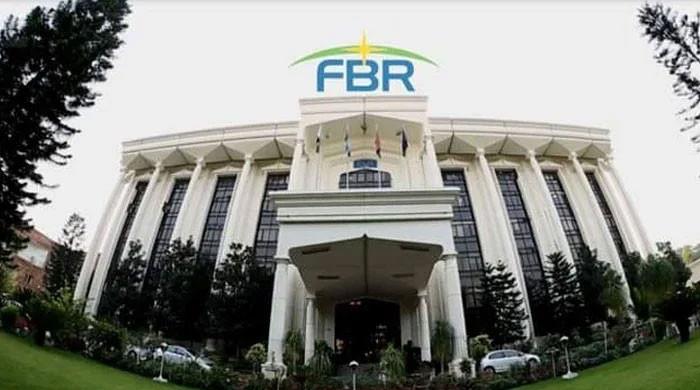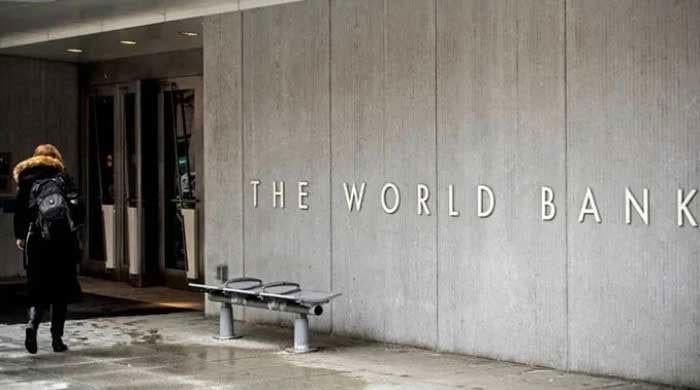Govt to launch economic survey 2022-23 today
Finance Minister Ishaq Dar will chair the launching ceremony of the pre-budget document
June 07, 2023
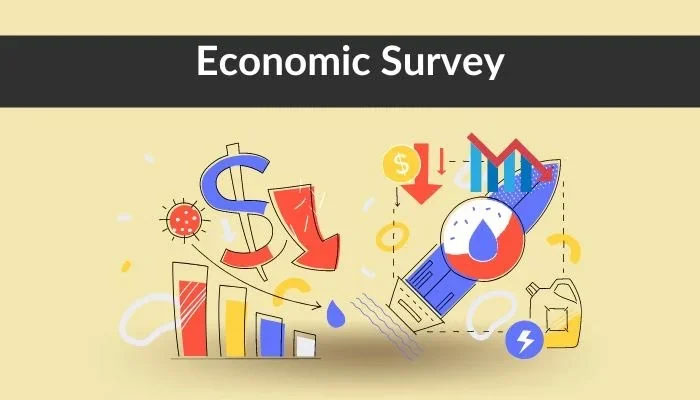
- GDP for FY23 is estimated at 0.29%, says Planning Commission’s report.
- Industrial growth is estimated at -2.94% during outgoing year, it adds.
- Positive growth has been observed in wheat by 5.4 per cent.
ISLAMABAD: The federal government will unveil the Economic Survey of Pakistan 2022-23 — a pre-budget document containing the details of major socio-economic achievements during the outgoing fiscal year — on Thursday (today).
Finance Minister Ishaq Dar will chair the launching ceremony of the pre-budget document, according to a statement issued by the Finance Ministry.
The document will provide details about the major socio-economic developments, performance, and economic trends of various sectors of the economy, including agriculture, manufacturing and industry, services, energy, information technology and telecom, capital markets, health, education, transport and communication etc.
Annual trends of major economic indicators regarding inflation, trade and payments, public debt, population, employment, climate change, and social protections will also be described in detail in the survey.
According to the Planning Commission’s estimations made in the 106th meeting of the National Accounts Committee (NAC), the provisional growth rate of the gross domestic product (GDP) for the year 2022-23 is estimated at 0.29%.
The growth of the agricultural, industrial and services sectors has been estimated at 1.55%, -2.94% and 0.86% respectively.
In the agriculture sector, the provisional growth in important crops is -3.20% due to a decrease in the production of cotton (by 41% from 8.33 million to 4.91 million bales) and rice (by 21.5% from 9.32 million to 7.32 million tons).
Positive growth has been observed in wheat (by 5.4% from 26.208 million to 27.634 million tons), sugarcane (by 2.8% from 88.65 million to 91.11 million tons) and maize (by 6.9% from 9.52 million to 10.183 million tons).
The provisional growth in the industrial sector is -2.94%. The growth in mining and quarrying is also -4.41% due to a decline in the production of natural gas, crude oil, and exploration cost.
Large-scale manufacturing driven by the quantum index of large-scale manufacturing (QIM) has posted a negative growth of 7.98% while the electricity, gas and water industries showed a growth of 6.03%.
The provisional growth in the services sector shows a slow growth of 0.86% but with mixed trends within the industries. The wholesale and retail trade industry declined by 4.46% due to a decrease in the output of crops ( 4.57%), LSM (8.11%) and imports (12.68%).
Education has witnessed a growth of 10.44% due to public sector expenditure. Human health and social work activities have also increased by 8.49%.




